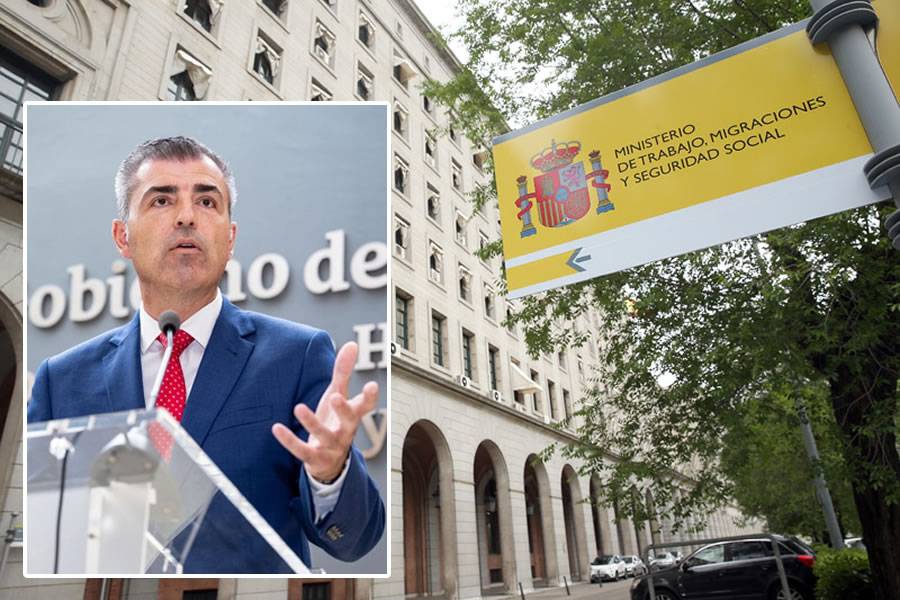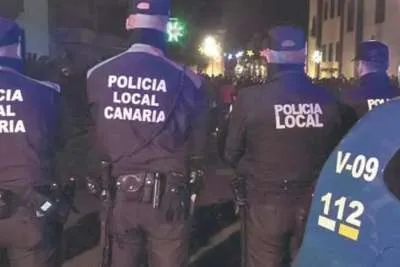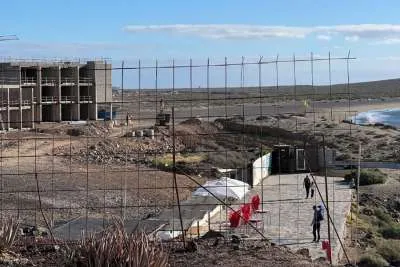‘Zero Rate’ for self-employed to be retroactive with compensation for 2023 payments
- 23-09-2023
- Business
- Canarian Weekly
The Minister of Economy, Industry, Commerce, and Self-Employed Workers, Manuel Domínguez, announced yesterday that the upcoming ‘Zero Rate of Social Security’ for self-employed workers in the Canary Islands, set to take effect in January 2024, will be retroactive.
This means that the government will compensate the self-employed for the amounts they have paid in 2023, but details of how this will work have not yet been revealed.
This ‘Zero Rate’ fee was announced earlier this month and entails a subsidy for new self-employed workers, fully covering their Social Security contributions for the first two years. During the initial twelve months, beneficiaries will not be required to pay the monthly fee, regardless of their income. However, in the second year, they must earn less than the Minimum Interprofessional Salary, currently set at 1,080 euros a month, to maintain the 100% subsidy.
This measure is being adopted by several regions ahead of the implementation of a new contribution system in 2024, which will link Social Security contributions to income levels, and will also increase the flat rate for new self-employed workers from 60 to 80 euros a month.
The Canary Islands are home to 139,264 self-employed workers, representing 15.8% of the workforce in the region. Among these workers, the majority are engaged in service-related sectors due to the significant influence of tourism in the Canary Islands' economy, accounting for 81.1% of the total, with 10.9% in construction, 4.3% in agriculture, and 3.6% in industry.
Support for Self-Employed Workers.
Domínguez further explained that the Government will make various funds available to support self-employed workers, including the existing ones, such as the 1.8 million euros available through the Canarian Employment Service, as well as other resources that will be incorporated over time.
One of the tools that will be used to support the self-employed is SODECAN, a company that needs reform as its bureaucratic procedures currently hinder the utilization of two-thirds of its 15 million euros in funds aimed at promoting investment, development, and attraction of activities within this group.
Another essential aspect of the self-employment-oriented policy, according to the Vice President, will be training. Among the aid options under consideration are support for business model development, compensation for extra costs like energy, and assistance for hiring staff.
The Ministry will also consider the concept of a "second chance," with assistance to partially or fully exonerate those who have faced failure once, provided they have a business plan or are willing to undergo training and mentoring.
"The government needs to take care of those who risk their assets" was Domínguez's summary in this area.



























































